Uncategorized
-
 Planetary Science
Planetary ScienceX-ray mystery shrouds Pluto
Chandra telescope detects seven X-ray photons coming from Pluto, suggesting that the solar wind runs into a tail of gas streaming from the dwarf planet.
-
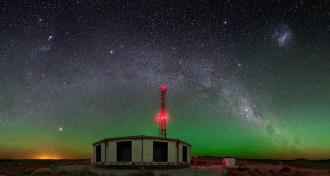 Particle Physics
Particle PhysicsMuon surplus leaves physicists searching for answers
A glut of muons shows up in particle showers in the atmosphere.
-
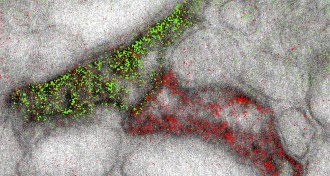 Tech
TechNew technique shows cells’ molecules in color
A new electron microscopy technique reveals cellular details in multicolor
-
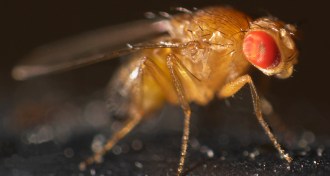 Neuroscience
NeuroscienceShape-shifting molecule aids memory in fruit flies
A prionlike protein may store long-term memories in fruit flies, a new study suggests.
-
 Genetics
GeneticsCancer mutation patterns differ in smokers, nonsmokers
The DNA of smokers shows more damage than the DNA of nonsmokers who have the same kind of cancer.
-
 Climate
ClimateHuman CO2 emissions put Arctic on track to be ice-free by 2050
Sea ice is shrinking by about three square meters for each metric ton of carbon dioxide emitted, new research suggests.
-
 Health & Medicine
Health & Medicine50 years later, vaccines have eliminated some diseases
Vaccines have come a long way in 50 years.
-
 Tech
TechArtificial intelligence needs smart senses to be useful
Editor in chief Eva Emerson discusses the future of artificial intelligence.
By Eva Emerson -
 Astronomy
AstronomyReaders unimpressed by Earth’s newest neighbor
Exoplanet fatigue, runaway fish and more in reader feedback.
-
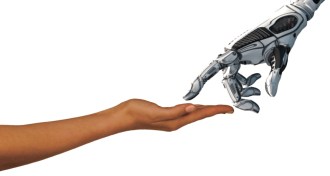 Tech
TechFor robots, artificial intelligence gets physical
Physical intelligence makes robots able to sense of the world around them.
By Meghan Rosen -
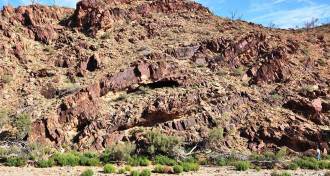 Archaeology
ArchaeologyPeople settled Australia’s rugged interior surprisingly early
Ancient colonists Down Under crossed the continent not long after arriving around 50,000 years ago.
By Bruce Bower -
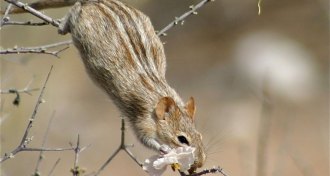 Genetics
GeneticsGene gives mice and chipmunks their pinstripes
A recycled regulator paints on rodents’ light stripes.